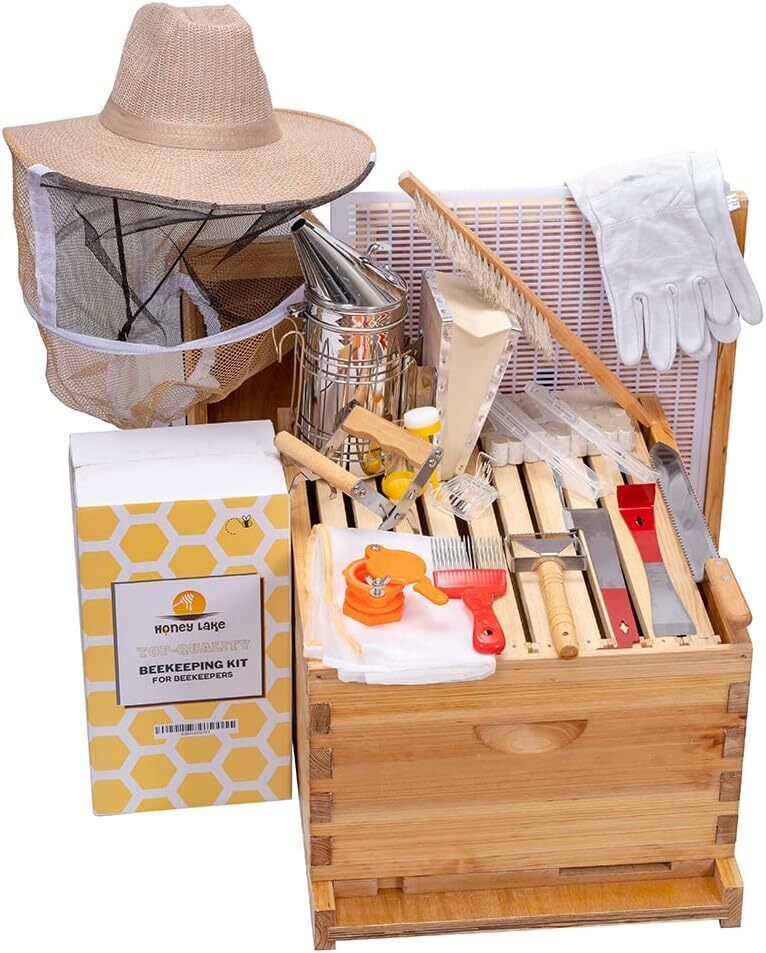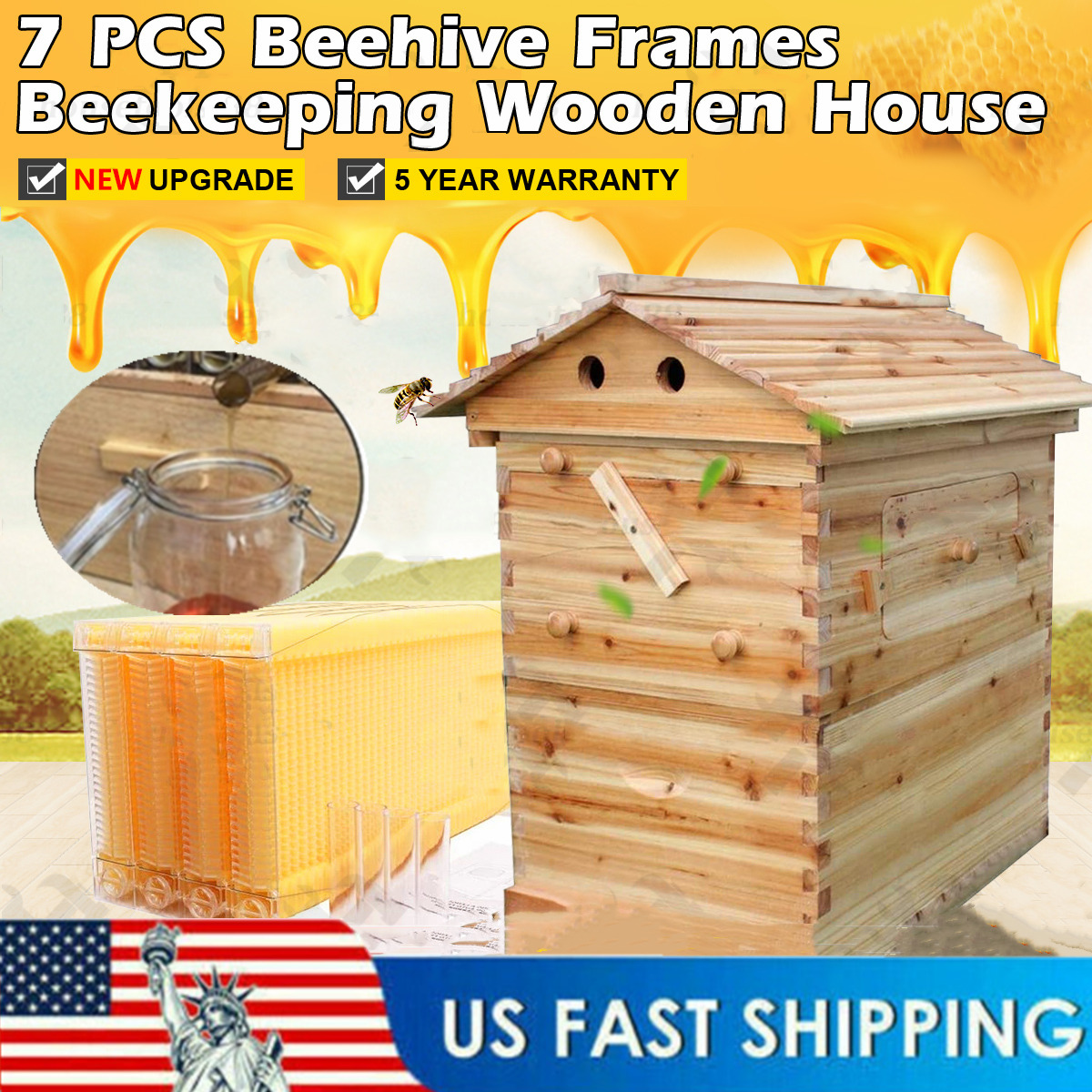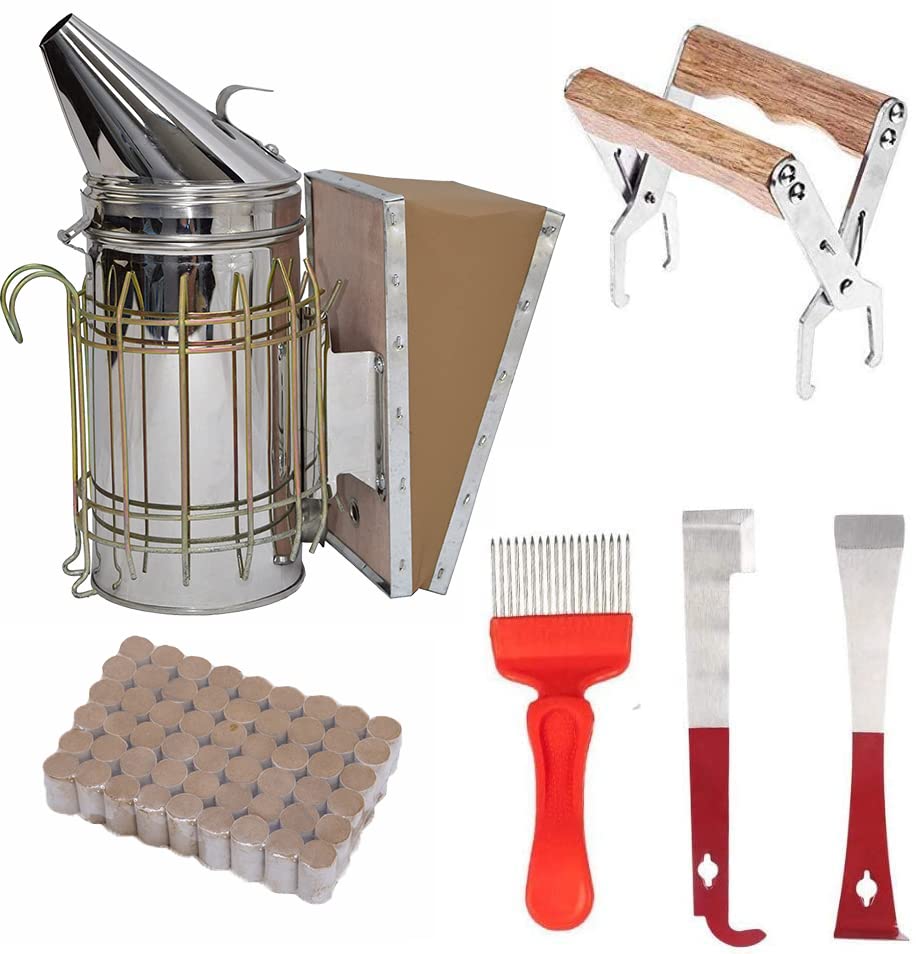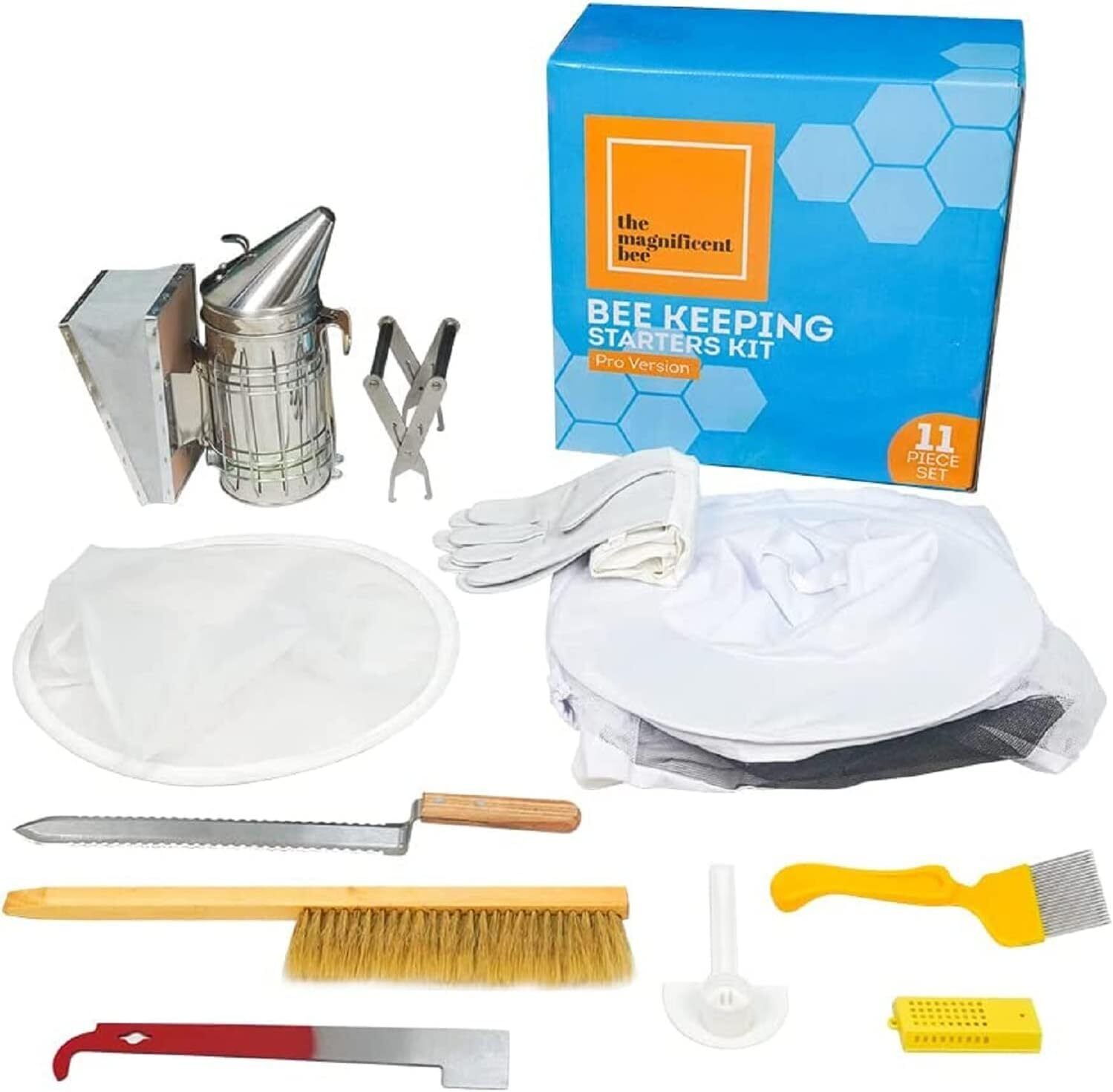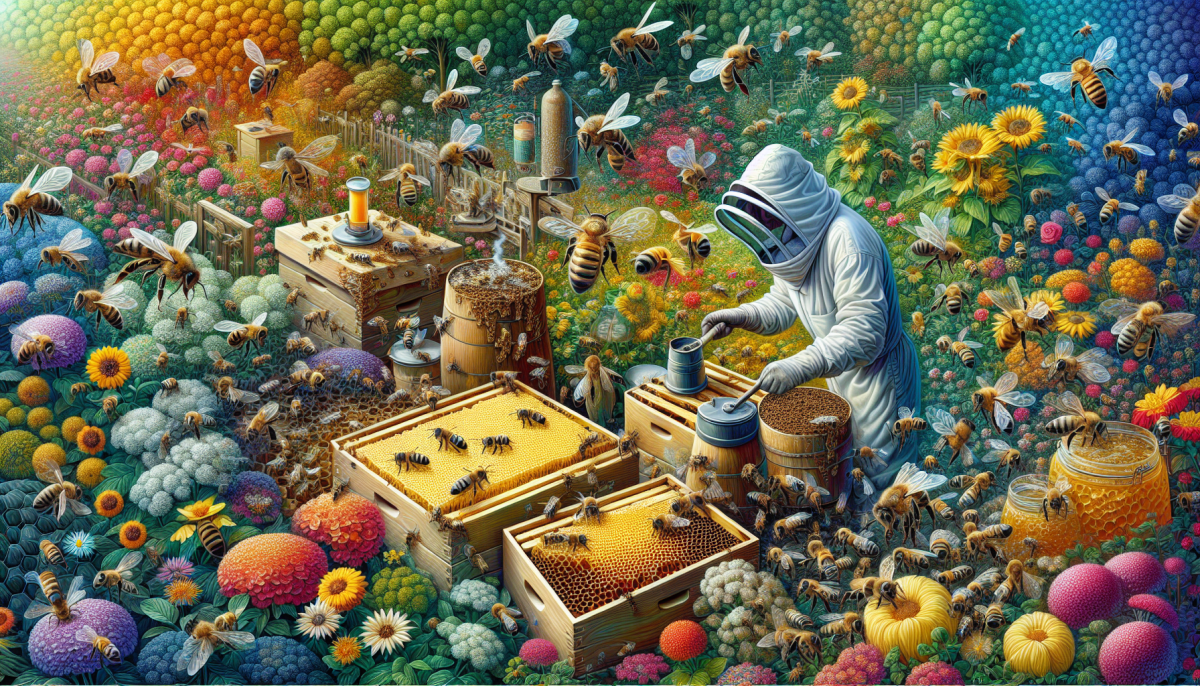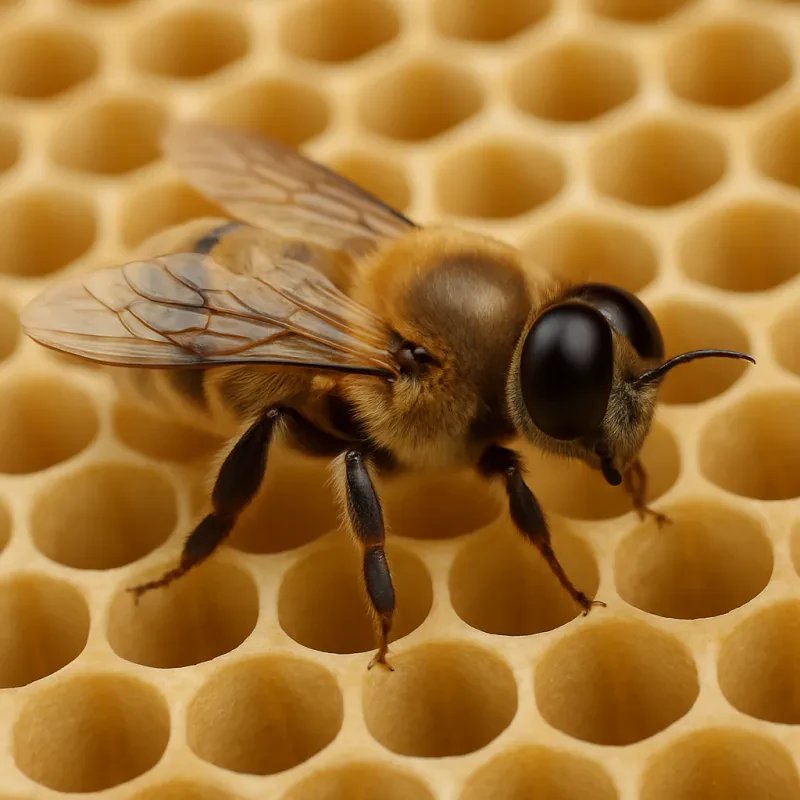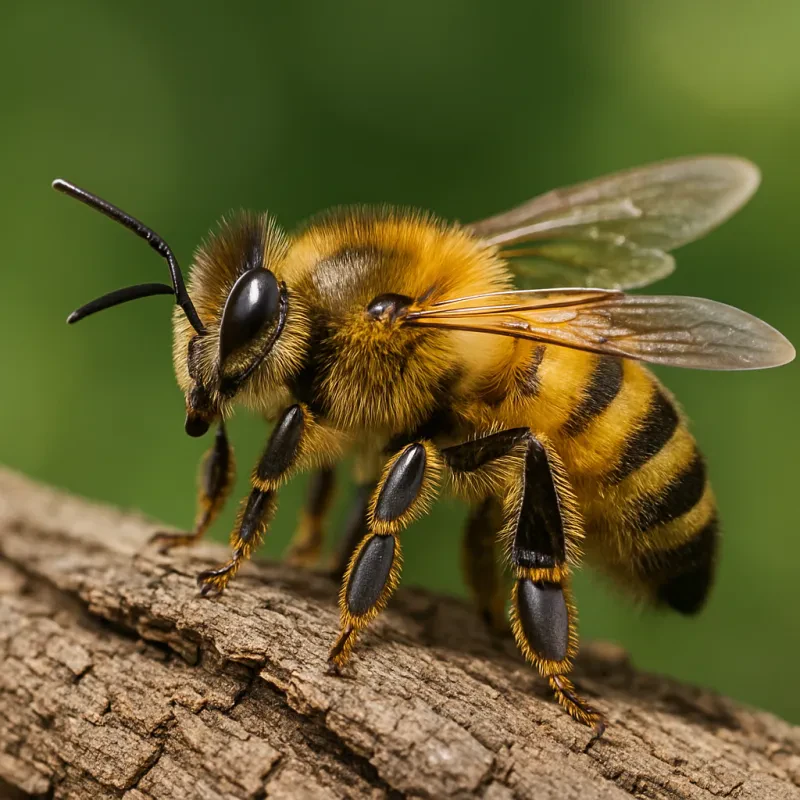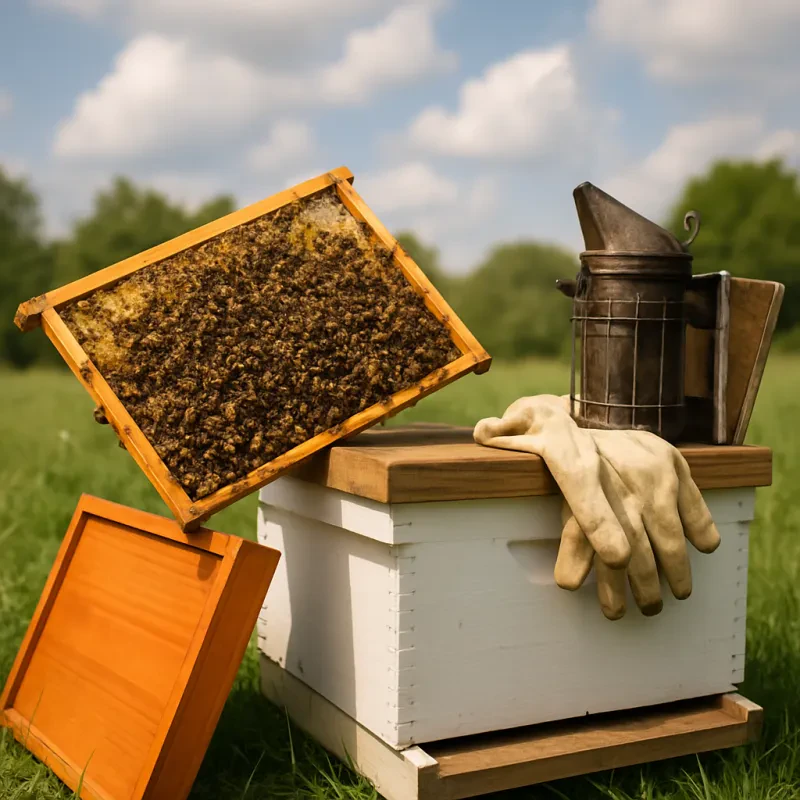Essential Guide to Starting Your Beekeeping Journey
Are You Ready to Embrace Beekeeping? Understanding Time and Knowledge Investments
Beekeeping demands dedication, requiring both time and extensive knowledge. If you're contemplating managing beehives, you'll need to commit to consistent maintenance. Regular checks during warmer months are crucial to ensure your queen bee's productivity, worker bees' efficiency in accumulating honey, and the overall growth of your colony. Winter demands a different approach, with minimal inspections to preserve the hive's warmth.
Each bee colony is unique, calling for tailored management techniques based on local climate conditions, bee species, and the hive design you choose. Embrace the journey, knowing that even a sting is a part of the learning curve—rest assured, honeybees typically sting only as a last resort.
Local Beekeeping Nuances: Tailoring Your Approach
Understanding your environment is key to beekeeping success. Bee behavior and prosperity differ vastly between regions; for example, bees in warmer areas enjoy a longer foraging period. Get to know your local beekeeping scene, join clubs, and find a mentor to gain insights tailored to your locale.
Honeybees 101: Building Your Knowledge Base
The cornerstone of successful beekeeping lies in understanding honeybees. Every interaction with your hive offers new insights, necessitating a flexible management strategy to ensure the colony's health. Begin with essential literature to establish a strong foundation in beekeeping principles.
A Brief Overview of Honeybees
The European honeybee, Apis mellifera, dominates American beekeeping, but it's just one among thousands of bee species globally. Honeybees are exceptional for their surplus food storage, a trait that has made them a cornerstone of agriculture as both producers and pollinators.
Understanding the Hive: The Social Structure of Honeybees
The queen bee reigns, with her primary role being reproduction. Worker bees, the sterile females, are the hive's workforce, handling everything from foraging to hive maintenance. Drones, the male bees, exist to mate and spread the colony's genetics.
The Role of Honeybees in Ecology
Beyond their role in producing honey, honeybees are pivotal in pollinating a significant portion of the plants we rely on for food. The pollination process is a fascinating dance between nature and these industrious insects, one that has a profound impact on our ecosystem.
Timing Your Beekeeping Start
The ideal time to start your hive depends on your specific climate. For example, in the Pacific Northwest, early spring is optimal. Preparing during the off-season is crucial to ensure you're ready when your bees arrive.
Continuous Learning: The Path of a Beekeeper
Beekeeping is a lifelong learning experience, where staying informed signifies progress. As you adopt natural beekeeping practices, remember that you're part of a growing movement toward sustainable and bee-friendly methods. Engaging with local beekeeping communities, regardless of differing philosophies, can be a rich learning resource and an opportunity for advocacy.
